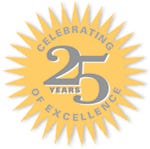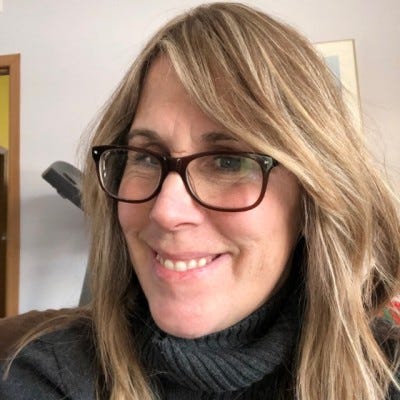Feeding
July 9, 2007
 Equipment, customer requirements, technology, and competition have led to growth and change in the feeding-equipment industry over the past 25 years.
Equipment, customer requirements, technology, and competition have led to growth and change in the feeding-equipment industry over the past 25 years.
From an equipment standpoint, many customers back in the early 1980s were still taking cups of materials, weighing them on a scale, and then dumping them into a mixer or other dry-material-handling piece of equipment. By introducing them to the technology of a volumetric feeder and then eventually to a gravimetric feeder, they were able to meter and feed materials without manual handling, saving both time and labor expense. The acceptance of feeders by process manufacturers led to product improvements, which included the introduction of the flexible-walled feeder that utilized paddles for massaging the outside of a flexible-walled hopper. This technology was developed to help reduce the degradation and segregation of dry powders that were typical in feeders that incorporated internal stirring devices. Because of their rapid acceptance, flexible walled feeders can now be found in thousands of plants worldwide.
Perhaps the greatest changes that have taken place over the last 25 years are in how manufacturers operate their feeders and what they expect from their feeding-equipment suppliers. Because most plants now produce multiple products versus maybe only one or two 20-plus years ago, they need equipment and suppliers that can adapt to their needs. That has entailed designing equipment with the versatility to be easily disassembled or reconfigured for quick product changeovers. The equipment also has to be simple to operate because in today’s world high employee turnover and staff reduction continue to plague manufacturers, thus driving the need for products requiring minimal training. With a reduction in staff, manufacturers are also looking for feeding-equipment suppliers to take on greater roles in providing engineering support for their process. Instead of supplying one piece of equipment, they are now looking for assistance in designing and delivering the entire system with the expectation that this support should be available throughout the world. Feeding-equipment suppliers who are able to provide versatile equipment and global service support are able to succeed where others may not.
The most significant change in the feeder-controls area has been the introduction of Fieldbus communications, Modbus, Profibus, DeviceNet, and a variety of Ethernet protocols. One of the many capabilities these protocols have given feeding-equipment manufacturers is the ability to supply products that utilize the Internet for monitoring customer equipment or systems from a remote location. Up-to-the-minute status on equipment operation can now be achieved from anywhere in the world where there is an Internet connection.
Competition has dramatically changed in the last 25 years in the feeding-equipment industry. There are now fewer barriers to entry, which has created an influx of new companies offering feeders or feeding equipment. The lines of differentiation have blurred, making it difficult at times for customers to determine what company is best to meet their needs. This has driven feeder manufacturers to find innovative ways to add value, which in turn has led to more acquisitions within the industry. The idea behind consolidation is the belief that a more diversified product line will provide customers with full solution capabilities to their dry-material-handling needs.
Despite the changes that have taken place in the feeding equipment industry over the last 25 years, a few things have remained constant, including the people and the experience they bring. Many companies serving the industry offer a number of employees with decades of experience. These people have formed the backbone of the industry for the last 25 years and have set the stage for the next group of leaders to continue the growth of the industry.
Mike Karas is marketing communications manager for Schenck AccuRate Inc., Whitewater, WI, an ISO 9001–certified manufacturer of volumetric and gravimetric bulk solids feeders, louvered vibratory feeders, weigh feeders, solids flowmeters, bulk bag frames, and control systems, with more than 30,000 installations encompassing more than 9000 unique materials worldwide. Karas can be reached at 800-606-9248 or [email protected]. For more information on Schenck AccuRate Inc., go to www.accuratefeeders.com.
About the Author(s)
You May Also Like



